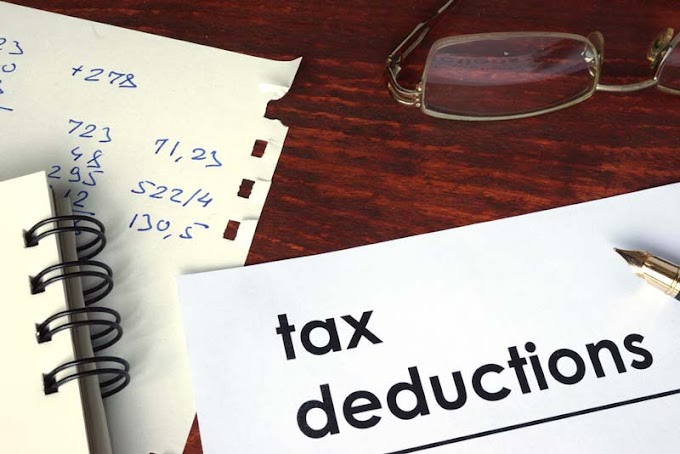Creating a budget that works for you is essential for achieving your financial goals. A budget is a plan that helps you to manage your income and expenses, so you can make the most of your money. Whether you're saving for a down payment on a house, paying off credit card debt, or building an emergency fund, a budget is the key to success. In this guide, we will be discussing the basics of budgeting and providing you with tips and strategies for creating a budget that works for you.
One of the first steps in creating a budget is to set realistic goals
Setting
goals helps you to focus on what you want to achieve and gives you something to
work towards. When setting goals, it's important to be specific, measurable,
achievable, relevant, and time-bound (SMART). For example, instead of setting a
general goal of "saving money," set a specific goal of "saving
$10,000 for a down payment on a house within the next two years."
Once you have set your goals, the next step is to track your expenses
Tracking
expenses helps you to understand where your money is going and identify areas
where you can make adjustments. There are several methods for tracking
expenses, such as using a budgeting app, a spreadsheet, or a notebook. It's
important to be consistent and track all expenses, including small purchases.
Once you have a clear understanding of your income and expenses, you can start creating a budget plan. There are several different budgeting methods, such as the 50/30/20 rule or the zero-based budgeting method. The 50/30/20 rule allocates 50% of income to necessities, 30% to wants, and 20% to savings. The zero-based budgeting method, on the other hand, allocates every dollar of your income to specific expenses, so that you have zero leftover at the end of the month. Whichever method you choose, it's important to find one that works for you and that you can stick to.
Managing income and expenses is an important part of budgeting
To effectively manage your income and expenses, you need to find ways to increase your income and reduce your expenses. This can be done by looking for ways to earn extra money, such as taking on a part-time job or starting a side hustle, and by cutting back on unnecessary expenses.
Sticking to your budget is the key to success
Unfortunately,
it's also the most difficult part of budgeting. Common obstacles to sticking to
a budget include impulse spending and unexpected expenses. To overcome these
obstacles, it's important to have a plan in place and to be prepared for
unexpected expenses. This can be done by creating an emergency fund and by
setting up automatic savings.







